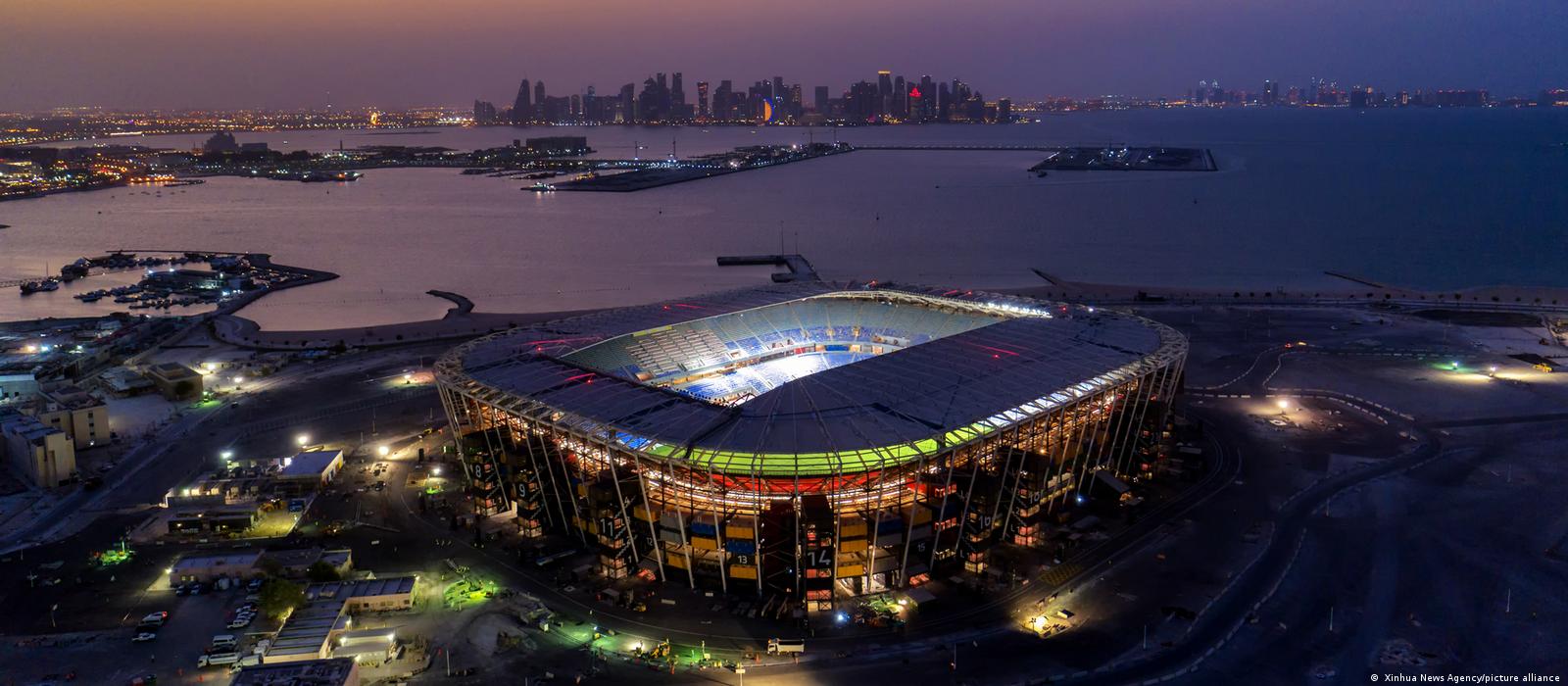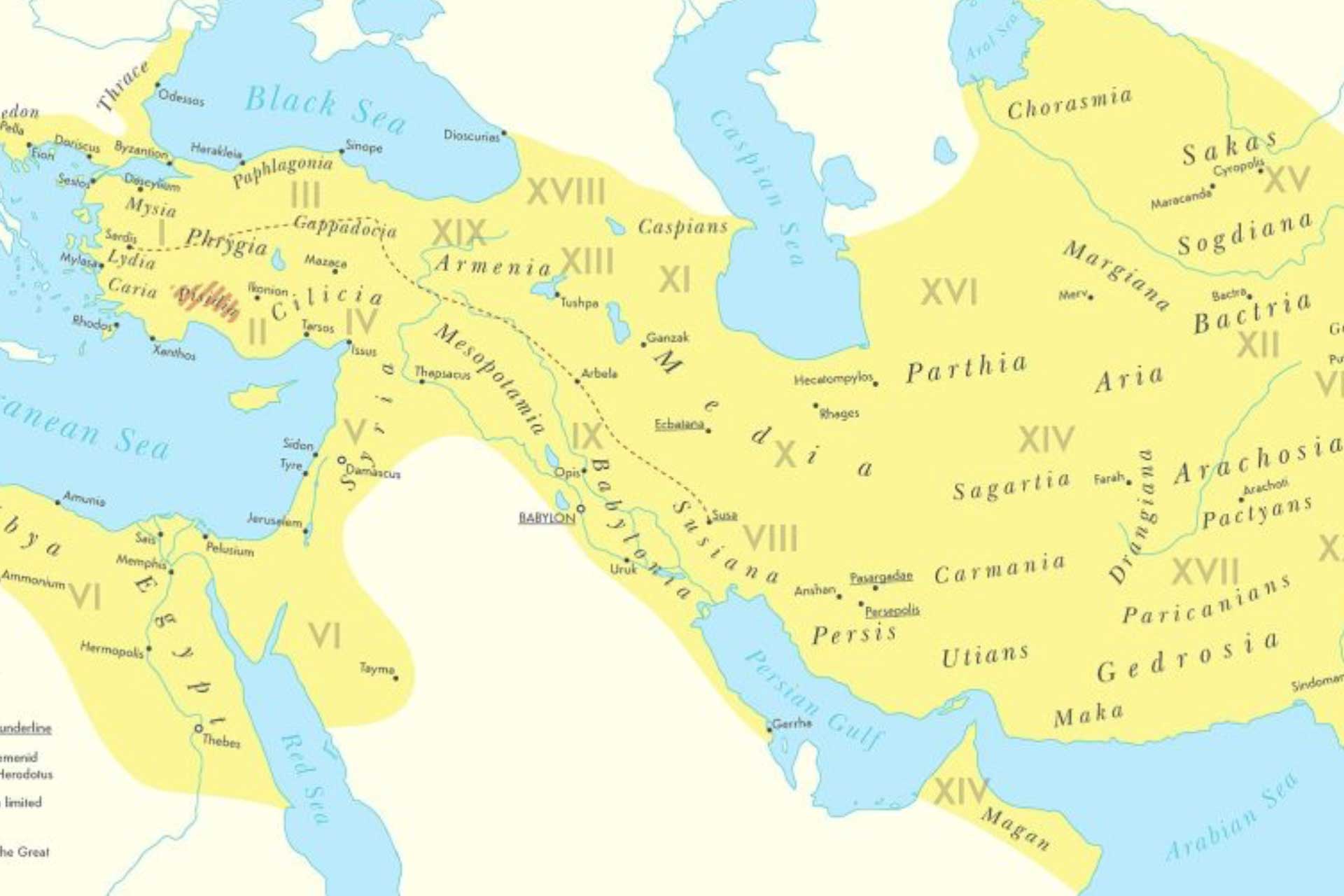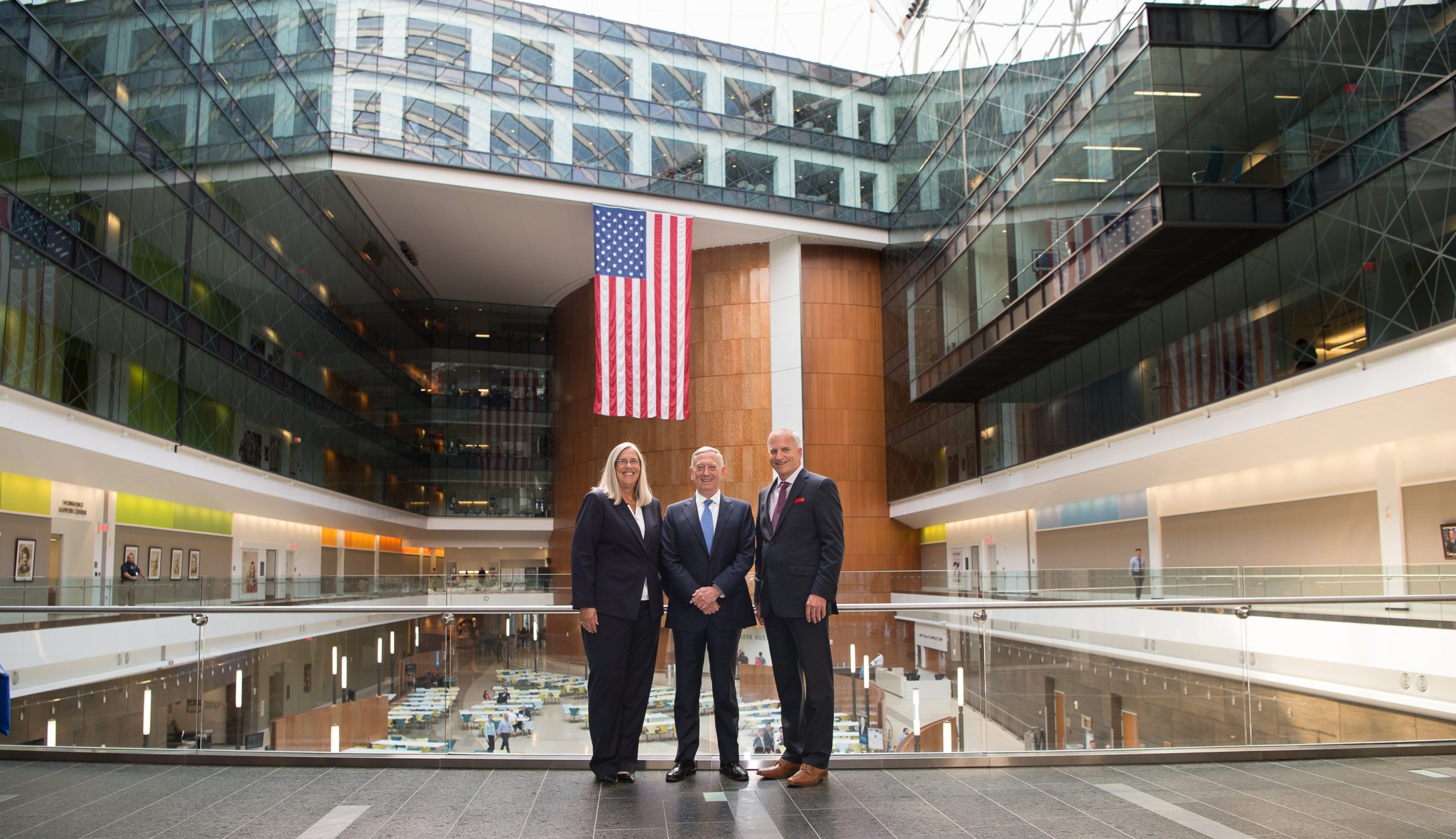Qatar and Football
In the last 15 years, the countries of the Middle East have gradually become more and more interested in sports followed worldwide, such as Formula 1 and football. Particularly in football, significant investments have been made not only at the sponsor level but also at the domestic level. An example above all is Qatar, which recently hosted the World Cup, which is certainly controversial but leaves many foods for thought. In particular, why is this phenomenon relevant? What are the reasons that drive the Gulf countries to invest in sports? In this article, we will analyze the case of Qatar, examining points that are extendable and applicable to other Gulf countries with the same goals and interests. According to what was reported by the Qatar Olympic Committee in 2011, three main reasons pushed Qatar in this direction: to create a healthy nation, improve relations with other states and become a global hub for sports and entertainment. Starting from domestic reasons, if, on the one hand, sporting success is traditionally associated with the creation and affirmation of a strong national identity, this can hardly be adapted and combined with a country like Qatar. Although, as Silva argues, the result of the QOC may indicate a critical step in affirming a national identity following independence and in consolidating the image and importance of the country at an international level, only 13% of the population is native to the country. Most of these are part of a wealthy social class united by the same religion, specifically Sunnis.
Therefore, excluding this argument, economic diversification is one of the main reasons that push Qatar to invest in this sector. Like its neighbors in the Gulf, this country is historically and economically heavily dependent on the extraction and sale of oil and gas. Although it has the largest gas reserves in the Gulf and is technologically advanced in refining gas and oil, it is forced to deal with a necessary economic diversification due to the limited availability of fossil fuels in the long term. Therefore, securing various international-sporting events such as the World Cup and the Formula 1 Grand Prix can introduce new stimuli into its economy, particularly tourism, merchandising and TV rights. This would thus attract foreign investors, thus, bringing in highly skilled workers, significantly raising the quality of the labor market and improving the country’s infrastructure. Another less apparent reason is that it promotes a healthy and active lifestyle for the population. According to the Qatar Olympic Committee estimate, 47% of deaths in the country in 2008 were attributable to chronic diseases, mainly due to a sedentary lifestyle combined with a poor diet. According to estimates by the World Health Organization, Qatar is 17th in the ranking of countries with the highest percentage of the population that falls within the parameters that define obesity (33.1% of the population). According to the WTO, a person is considered overweight if the body mass index (BMI) is equal to or greater than 25, while he is considered obese if it is equal or greater than 30. In Qatar, data was updated to 2016, the male population over 18-year-old have an average BMI of 28.8, while the one regarding women is 30.1. Therefore, the national strategy regarding sports plans to encourage the population to participate in sporting activities to improve the quality of life by importing models and models from other continents.
Regarding foreign policy-related reasons, Qatar’s strategy regarding sports is aimed at fostering and increasing relations with other states. Typically soft power is based on one state’s sympathy and perception of another. Mark is among all the tools to obtain soft power, one of the best to gather and positively attract the masses to one’s country. This can lead to greater global recognition, which can significantly increase the possibility of achieving and achieving geopolitical objectives. In the case of Qatar, a state geographically speaking consists of the desert; it can hardly attract tourism and leaders of other nations. However, by hosting global events, it has the opportunity to establish itself and lay the foundations for expanding diplomatic (and therefore also economic) relations with other countries. It is customary for leaders and diplomats from the participating countries to also be present during the inauguration events, who are invited to attend the event near where the host nation’s president sits. This moment represents an extraordinary circumstance to establish a constructive relationship with other countries.
These newly explored concepts are relevant and applicable to other Gulf countries such as Kuwait and the UAE, which, as well as Qatar, are on the path to economic diversification and international recognition as tourist destinations and ideal locations for foreign investment.




Comments